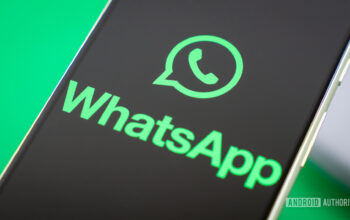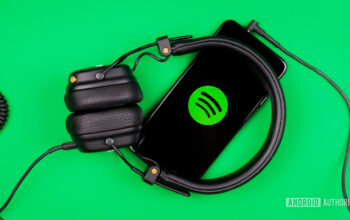Robert Triggs / Android Authority
Controversy happens all the time, and that includes apps and games. Recent years have seen year-long beefs between major companies, and this year was no exception. We saw Google and Apple take digs at each other, Samsung getting into trouble, and Microsoft doing things that upset a lot of people. This may be the most star-studded controversy list we’ve ever done. So, without further delay, here are the most controversial apps and games from 2022.
The most controversial apps and games from 2022
Diablo Immortal is surprisingly expensive
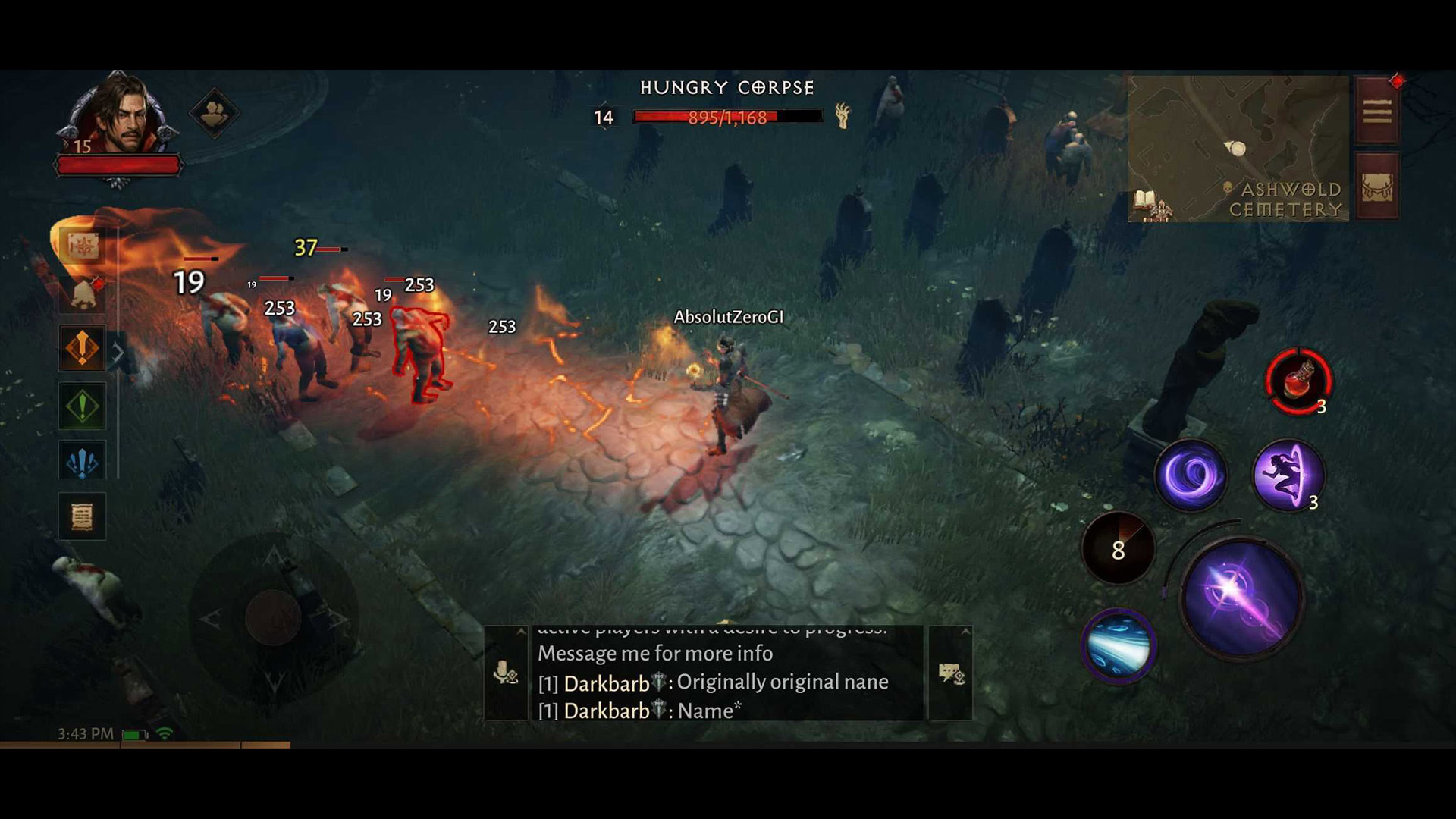
Joe Hindy / Android Authority
Diablo Immortal was one of the biggest game releases in 2022, and not everybody was happy about it. Most parts of the game are pretty good. The world, story, lore, mechanics, and controls are all good, with decent multiplayer elements. In fact, many casual players wouldn’t notice an issue at all since the game isn’t much more grindy than any other mobile RPG, with the exception of some overly complicated leveling mechanics.
The issue is a lot more obvious when you get to the endgame. It was estimated that it would cost somewhere around $100,000 to fully upgrade your character at launch. Of course, there’s a lot of RNG there, which is gamer nomenclature for luck. You could get the stuff you need for much less money, and these estimates are just that, estimates. Some folks turned to resellers to get orbs for cheaper, only to end up having them taken away when Blizzard cracked down on it. In Blizzard’s defense, the resellers were using stolen credit cards, so they deserved to get shut down.
Here’s the thing, though. The casual gameplay in Diablo Immortal is actually pretty good. If you don’t aim for maxing out characters, you can skate by for dozens, if not hundreds, of hours without really spending any money. The story and gameplay are both good enough, but it still stings more dedicated players to know that maxing out their characters is basically impossible. We hope Blizzard lowers prices eventually. Otherwise, it may have trouble holding on to active players.
Facebook is not having a good time
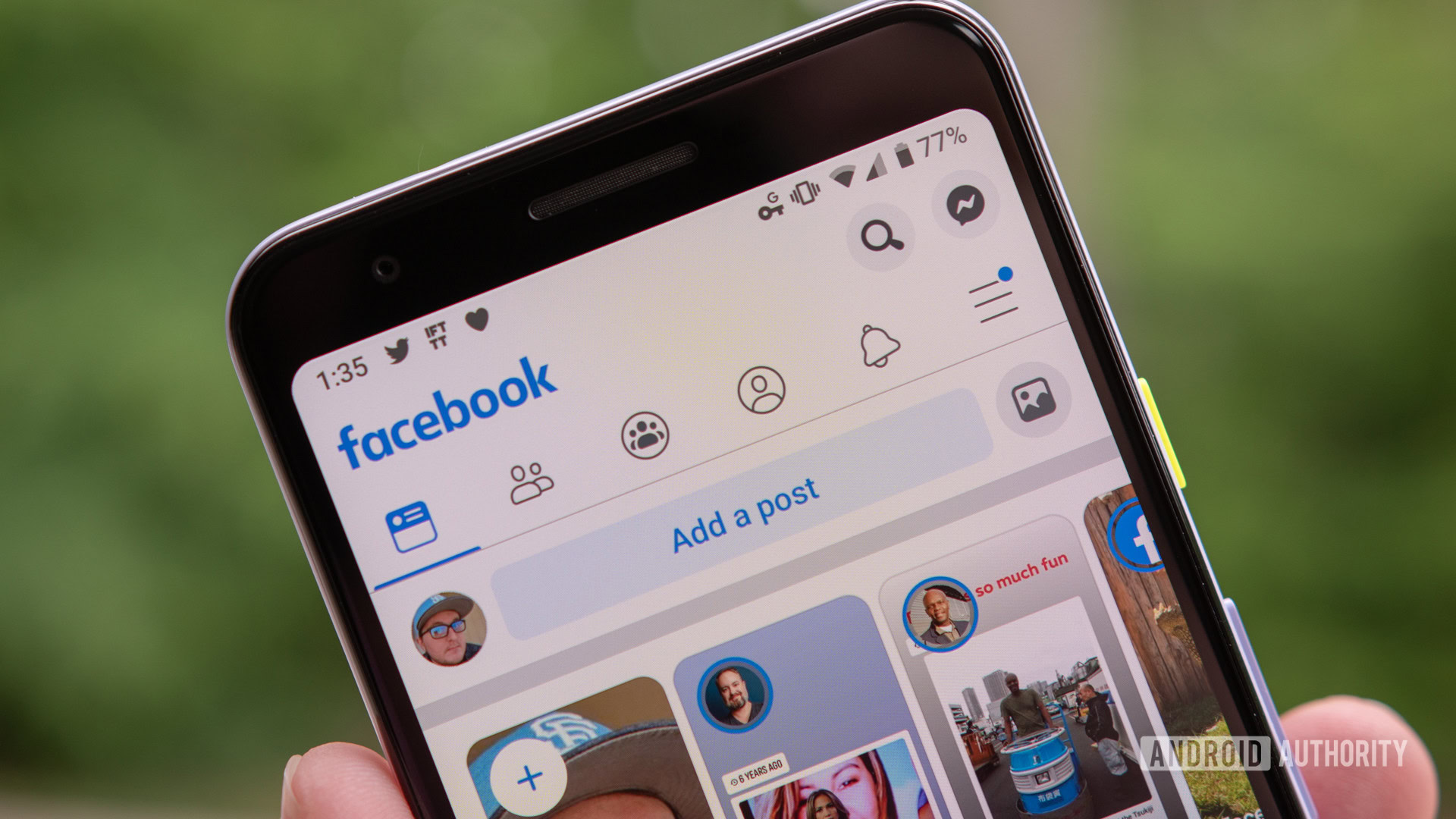
Facebook had one of the worst years in its entire history. In 2022, Facebook saw its first decline in users in its entire history. Mark Zuckerberg’s pet project, the Metaverse, has posted a $10 billion loss. Apple changed some policies to block Facebook ad trackers. The company has had whistleblowers leak internal documents, top executives jump ship, and saw its stock drop over 20%, wiping hundreds of billions of dollars off of its valuation. All this while TikTok saw its best year of all time.
This isn’t entirely indicative of just Facebook. Other big tech companies are posting declines as well. After all, people aren’t cooped up like they were during the height of the COVID-19 pandemic when big tech saw a lot of gains. It doesn’t take a genius to figure out that numbers would drop when people could leave their homes again. That said, Facebook is doing much worse than most, and its internal problems certainly aren’t helping matters.
We could be seeing the beginning of a big decline for Facebook as people move to other social networks like TikTok, much like how people left MySpace for Facebook. We don’t think it’s that dire, though, so we’re sure we’ll get to see Facebook go up and down multiple times over the next few years.
Google vs Apple and iMessage
Robert Triggs / Android Authority
We’re not entirely sure if this is going to be a long-term beef or if both companies intend to drop it in 2023. We’ll have to wait and be sure, but Google has been fighting the RCS war for years now, so anything could happen.
Google Stadia is dead
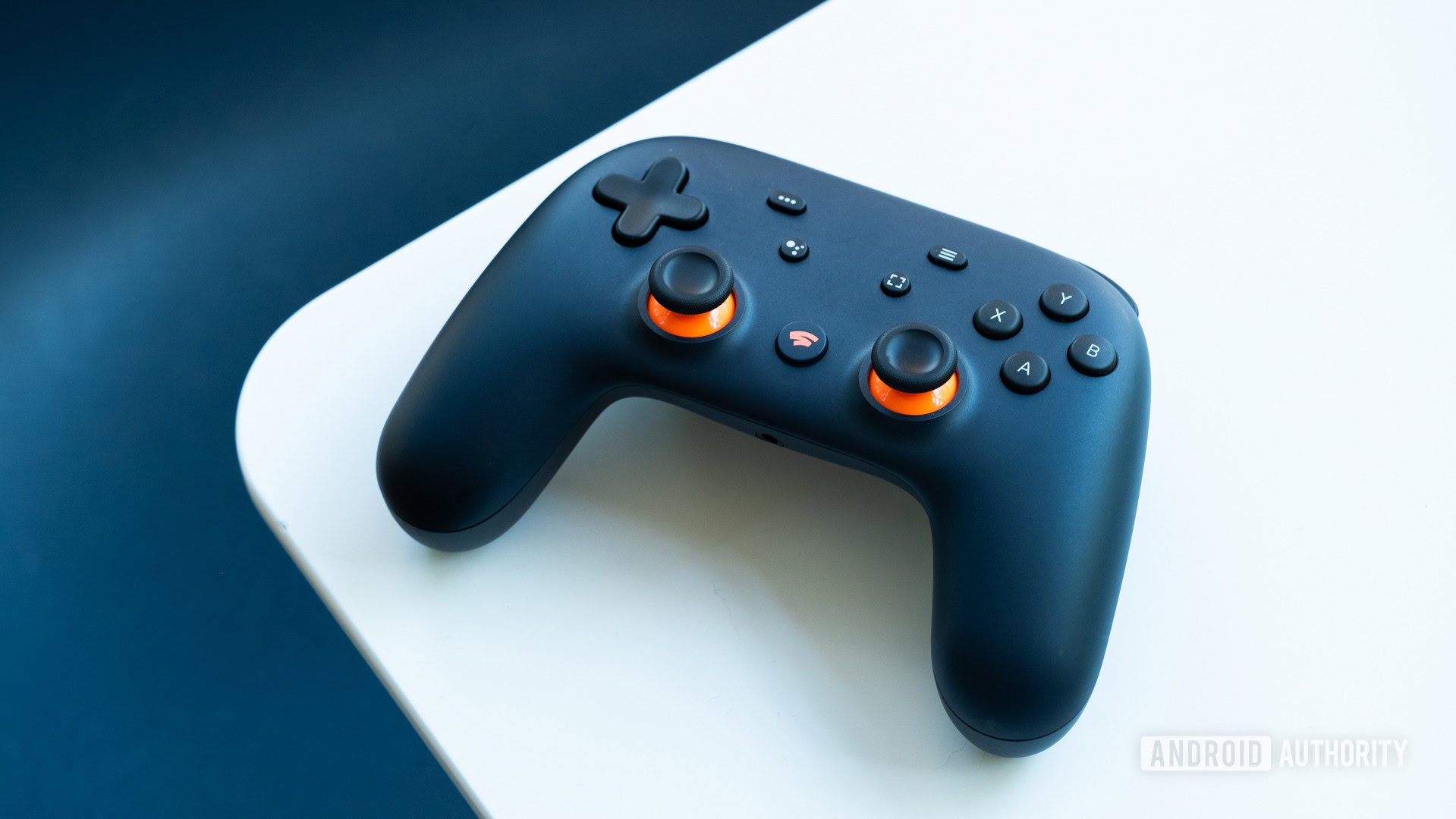
Google Stadia officially died in 2022. Google’s innovative cloud-based gaming service was supposed to be the next generation in gaming until it wasn’t. So, where did it go wrong? There are a lot of answers to that question. For starters, it didn’t really have any good exclusive titles like consoles generally have. It required good, stable internet, so offline play was impossible. Plus, there’s the perception of paying the same amount of money to stream a game as it costs to buy it.
I also believe that one of Stadia’s obstacles was that most gamers already own consoles or gaming PCs and are generally happy with what they have already. They have friends on Xbox, PlayStation, or Discord. People accumulate games over time, so going from a platform where you own dozens of games to one where you own zero games and have zero friends just isn’t appealing. Plus, with the proliferation of things like Xbox Game Pass, subscription deals to play games are simply more appealing to existing console owners.
In short, Stadia was a good idea. However, it didn’t really have anything to sway existing gamers off of existing platforms. It didn’t draw enough non-gamers to the platform either. Luckily, people who did migrate received refunds for most of their purchases. It could’ve been a lot worse for consumers, but the Stadia experiment is now over.
Google debuts user choice billing in Google Play
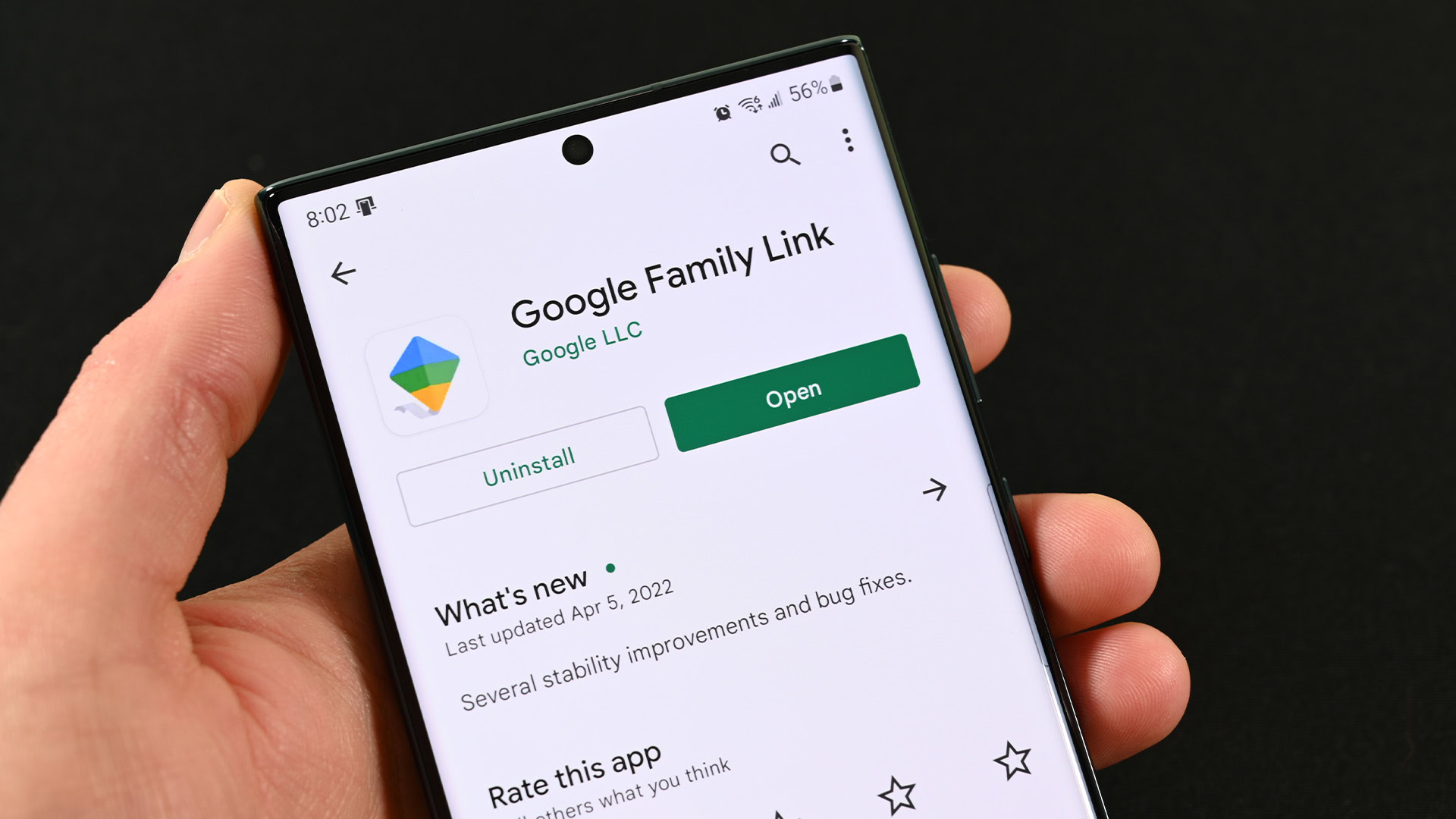
Joe Hindy / Android Authority
Google introduced user choice billing in the Google Play Store this year. This doesn’t seem like a big deal. However, considering that this was the reason Fortnite left the Play Store a few years ago, we consider the move to be the next leg in that fight. Originally, Fortnite left the Play Store because it didn’t want to pay the 30% Google tax. Google reduced it to 15% for 99% of developers in 2021, and now, it is letting users use non-Google Play billing.
This, of course, isn’t without its own problems. Third-party billing is still subject to the 15-30% service fee that you would otherwise pay with Google Play billing, so developers won’t see too much of a change. Google says the service fee is to keep the Play Store running smoothly, so it likely won’t let developers out from under its control anytime soon.
Again, this may not be the biggest deal in 2022. However, this is a fight developers have been waging against both Google and Apple for years. This is a continuation of that controversy, so we’re going to keep following it until it ends.
Netflix’s price hikes and ad-supported plans
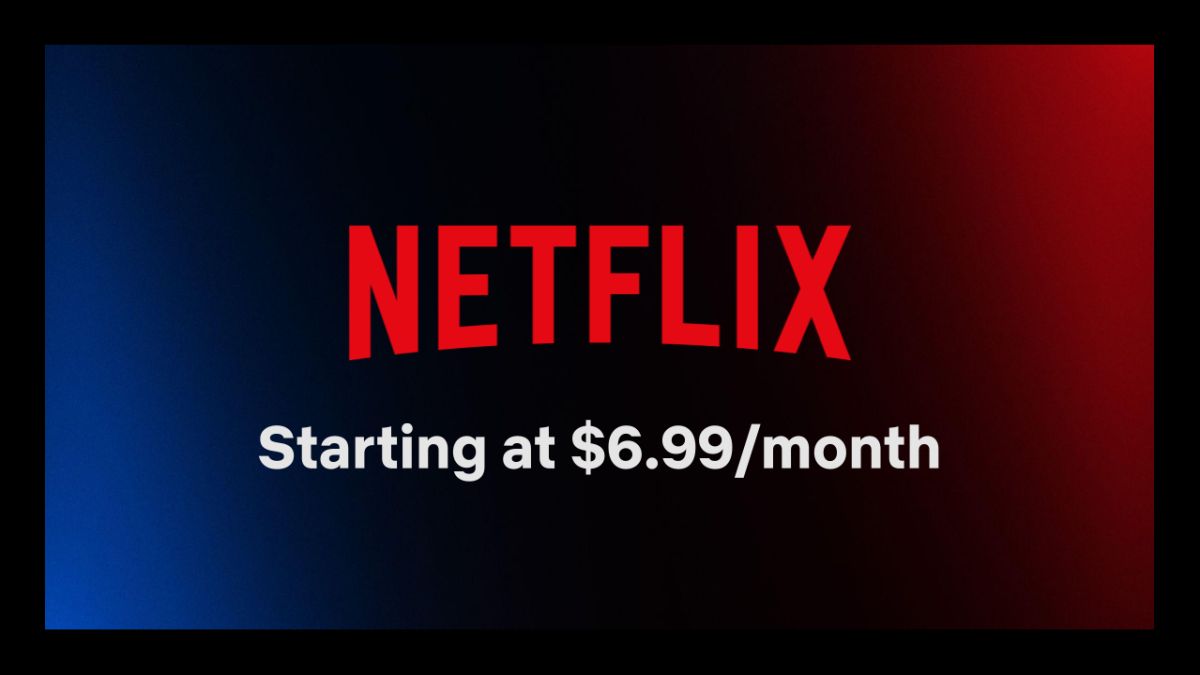
Netflix announced quite a few things this year, some good, others bad. The service ended account sharing by charging extra money if it detects that people outside the household are using it. This has been widely panned as a bad move. A lot of folks let their parents or college-aged kids piggyback off of the service. The charges should start showing up sometime in 2023.
Netflix also started an ad-supported plan for $6.99 per month. This one is only available in 12 countries at the moment. We assume it’ll expand more once advertising plans are in place for other countries. The downside is videos are locked at 720p, don’t work on some devices, and there are some movies and TV shows that won’t be supported. So not only do you get ads, you don’t even get the full library.
Negative press likely contributed to some of Netflix’s woes this year. The company lost subscribers for the first time, although it did gain back some of them later on. The biggest drop was around two million subscribers, who are understandably irritated by higher prices and less freedom. We don’t believe that Netflix is too big to fail, but we think this is just an off year for the otherwise entertaining service.
Russia and Ukraine war sees a tech exodus
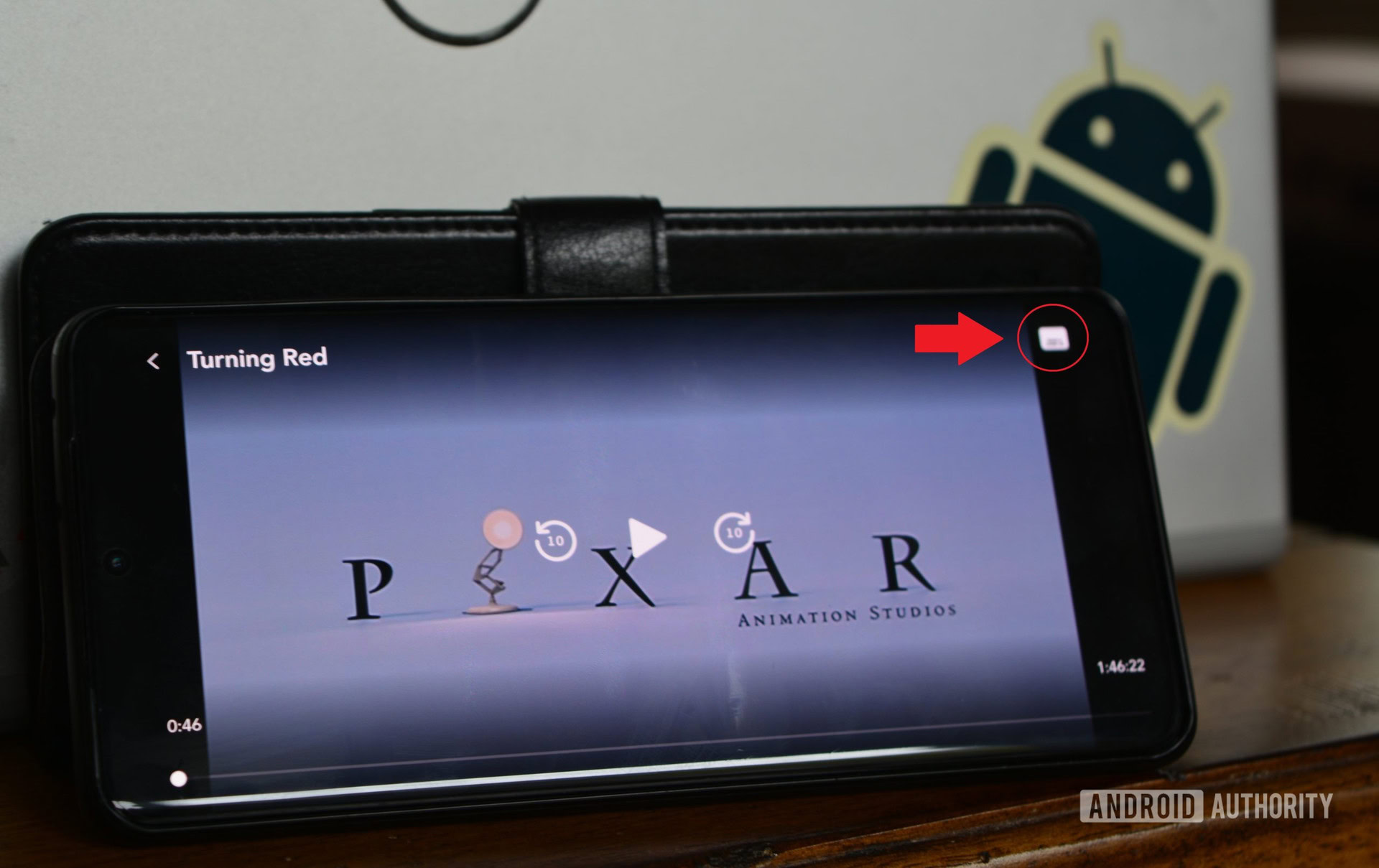
Adam Birney / Android Authority
The Russia and Ukraine war was the biggest thing that happened in 2022. It was so important, in fact, that it displaced the COVID-19 pandemic as the big thing happening in the world. There are a ton of sociopolitical and geographical ramifications of that event that we won’t go into here. Suffice it to say that it’s a big deal.
How does this equate to a controversial app and game list? Well, there were a metric ton of tech companies that stopped or decreased business in Russia as a result of the war. Some of the heavier hitters include Google, Apple, Amazon, Disney, EA, Epic Games, Microsoft, Nintendo, Netflix, Paramount, Slack, Snapchat, Spotify, TikTok, Twitch, and Ubisoft. That’s a lot of apps and games that don’t work properly in Russia anymore.
There isn’t much that’s controversial about all of those companies pulling out of Russia. In fact, it’s been widely considered to be the correct move. Some companies have been scrutinized for not leaving Russia, including some tech giants like Tencent. The conflict is still going as of now, so there isn’t much else to say here, but tech responded to it in a big way.
Samsung and Xiaomi throttle over 10,000 apps
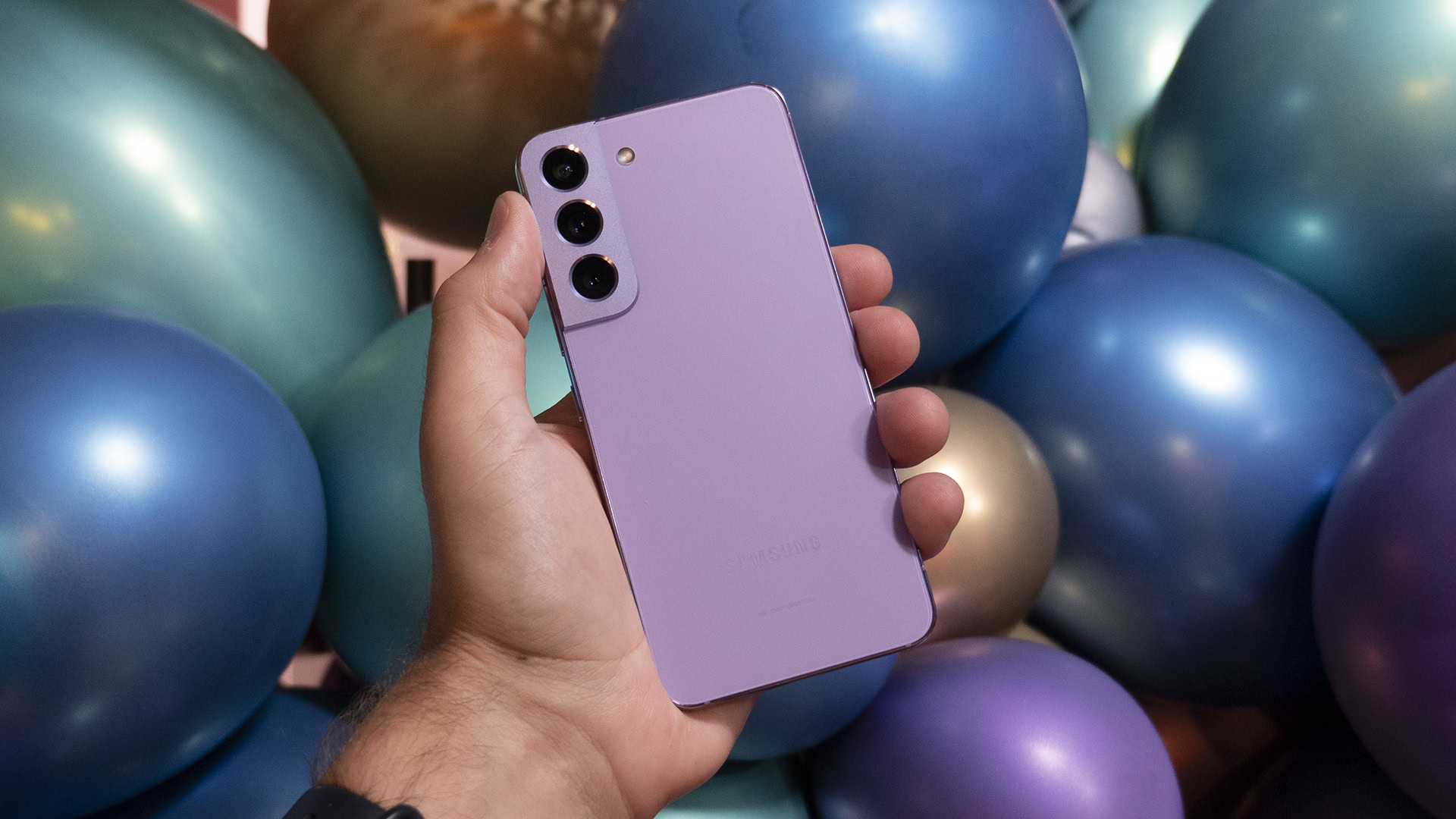
C. Scott Brown / Android Authority
Samsung and Xiaomi were throttling over 10,000 apps on phones. This was uncovered this year for the Xiaomi Mi 11 and the Galaxy S22 series. Both companies denied doing anything wrong, but eventually owned up to throttling the apps. Samsung even rolled out an update that lets users turn it off in the Game Performance Management Mode.
What’s interesting about this controversial move is its cause. Both companies were throttling apps as a form of heat and power management. This year’s early Snapdragon chips are notorious for getting hotter than they should. This has caused some OEMs to turn things down a bit to avoid overheating. After all, such bad press basically killed 2015 flagships like the HTC One M9, despite it not being HTC’s fault that the Snapdragon 810 series of chips ran hot.
We’re hoping that the next generation of Snapdragon chips fixes the overheating issues, but if not, we can expect this same kind of stuff to happen again. Apps are getting increasingly power-hungry, and phone CPUs are getting increasingly powerful. The result is more heat generation. For now, though, owners of some Samsung and Xiaomi devices will just have to deal with decreased performance with the benefit of having a cooler phone.
That whole Twitter thing
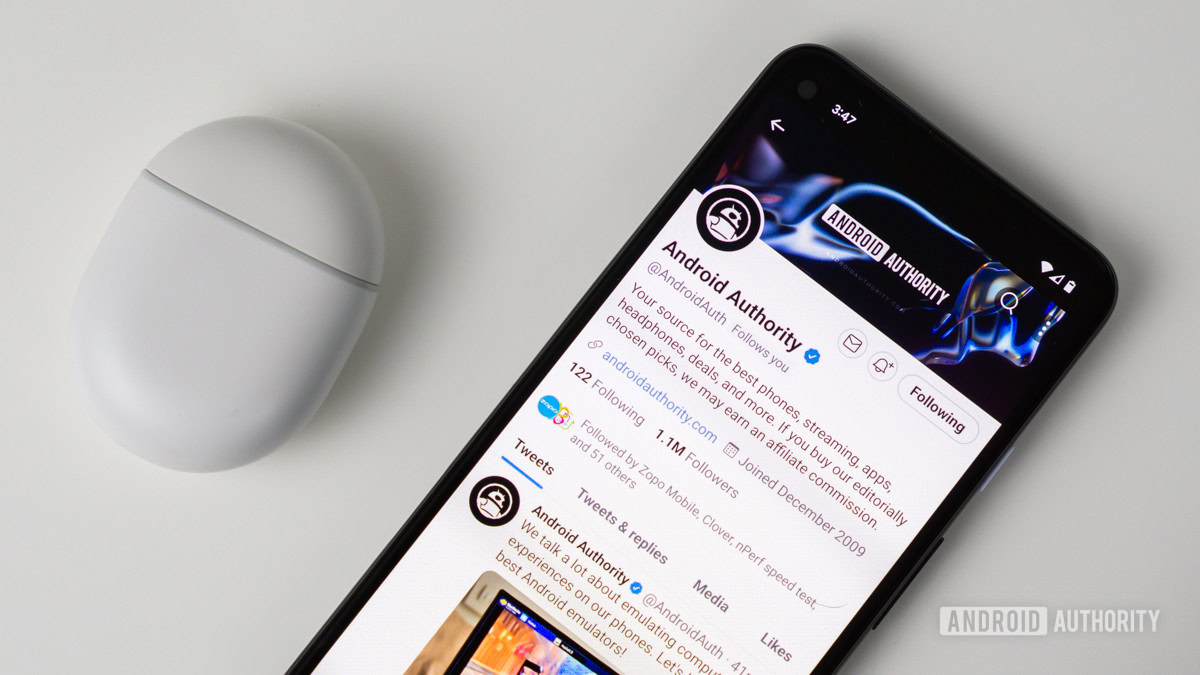
Edgar Cervantes / Android Authority
Oh goodness, where do we begin with this one? Elon Musk’s purchase of Twitter began before 2021 but was completed in 2022. What happened next has been a bit of a mess. Elon Musk laid off a bunch of people, threatened to make his own smartphone, unbanned some highly controversial accounts, began posting internal documents, made Twitter’s blue checkmark a subscription service, and trolled other high-profile accounts. It’s been quite a show, with new headlines every single week, nay day, since he took over.
Musk said that he wants to overhaul Twitter to be an overall better experience. We don’t think anyone, including Musk himself, could’ve foreseen how painful the process would be. There have definitely been some stumbles here and there, along with both good and poor decisions, depending on who you ask.
Some Twitter users flocked to other sites like Mastodon, Hive, and others to escape the new Twitter. While those sites have certainly seen massive upticks, it seems to be going about as well as Truth Social did, which also launched its app in the Play Store this year. It’s easy to recreate the Twitter experience, but it’s very difficult to get hundreds of millions of people to follow you there. It’s entirely too soon to see how this is going to turn out, but we’re almost certain Twitter will make next year’s controversy list too.
YouTube Vanced goes down, and everyone’s unhappy
Hadlee Simons / Android Authority
YouTube Vanced was one of the most popular third-party YouTube apps available. It gave users many of the features of YouTube Premium, like an ad-free experience, without the price tag. It also had some other features, like the ability to skip in-video ad spots put there by creators. As a creator, I have mixed emotions about denying creators money for their work, but I understand why an app like this was so popular.
Vanced was discontinued after legal threats directly from YouTube. There isn’t much else to talk about there. The app generates no revenue for the developers, so a lawsuit would be devastating. To avoid it, the developers shut everything down. Fans of the app understood but were still unhappy about it.
Replacements have cropped up here and there. Revanced, for instance, claims to continue the legacy of regular Vanced. It’s still had some issues of its own. We don’t know if a proper successor will ever truly appear, since anything that gets that popular is likely to be stricken down by YouTube. Rest in peace, Vanced.
If we missed any big controversies, tell us about them in the comments. You can also click here to check out our latest Android app and game lists.
Check out the controversial apps and games from prior years:

